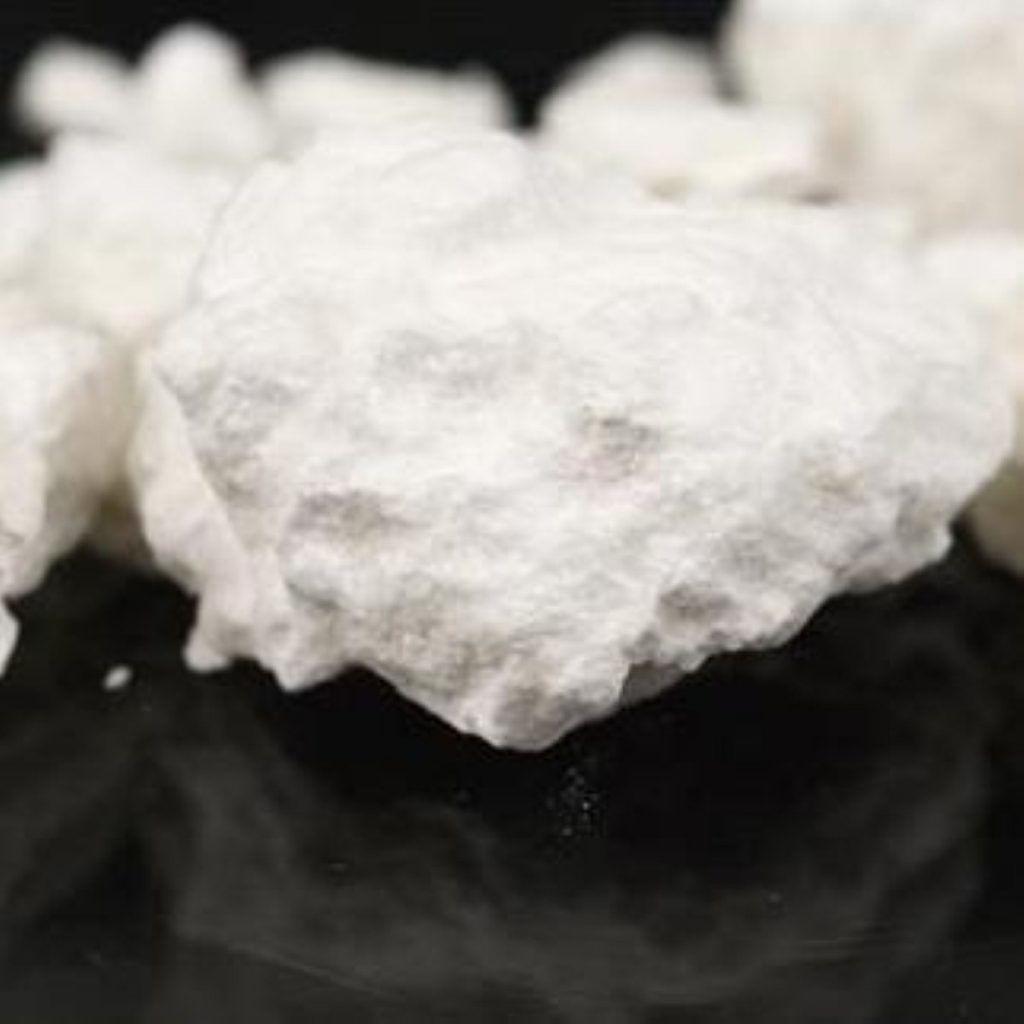Police approach to drugs not ‘smart’ enough
By Liz Stephens
The police need to take a “smarter” approach to tackling drugs according to a leading thinktank.
The UK Drug Policy Commission (UKDPC) says the government’s strategy focuses too much on seizures and arrests and not enough on reducing harm.
According to the commission’s report, “in some cases they have actually made things worse”.


In a survey by the commission of over 400 law enforcers, only 21 per cent of respondents agreed (and only two per cent strongly) that current targets for enforcement agencies “are a good measure of the impact they have on drug related harms”.
The UKDPC called for more resources to be devoted to reducing the “collateral damage” of drugs on communities, by tackling gang violence and prostitution.
Dominic Grieve, the shadow home secretary said: “After a decade in office, this report shows the true extent of Labour’s failure on drugs.
“We need a zero-tolerance approach to drugs, from our shores to our streets.”
But the Home Office defended its track record on fighting the drug problem saying “we are not complacent”.
Home Office minister Alan Campbell said: “Harm reduction underpins every element of our approach to tackling this complex issue.”
The annual cost to the criminal justice system of dealing with Class A drugs is more than £4 billion.
Tim McSweeney, a UKDPC adviser, said: “We were struck by just how little evidence there is to show that the hundreds of millions of pounds spent on UK enforcement each year has made a sustainable impact and represents value for money.”
Seizures of class A drugs more than doubled in the period between 1996 and 2005 but according to the commission there is evidence this has had little impact on the supply of or demand for drugs.
It argues that beyond a certain point, an increase in enforcement does not necessarily cause an equivalent reduction in harm.
In fact arrests can sometimes make things worse because they created a power vacuum resulting in new, more violent dealers taking the place of those arrested, the commission said.
High profile seizures in city-centre hot spots can also lead to dealers moving to a suburban area where the impact and fear imposed on the community is much greater.
The commission called for recognition that not all drug markets were “equally harmful” and a prioritisation of enforcement to tackle those that were.
However, Roger Howard, chief executive of UKDPC stressed: “Nowhere do we say ‘tolerate’.”
“It doesn’t mean don’t arrest and seize, it means you do it in a smarter way so that you constantly think of how it will have a sustainable impact.
“After some deliberation, most people we have consulted with recognise that this is not ‘going soft’ or ‘defeatist thinking’, but simply being more effective”.
The commission called for an innovative approach to the drugs problem in the UK and suggested focusing efforts on setting up local pilot schemes to explore new methods of enforcement.
It cited the example of the US city of Boston, where murder rates fell when police offered not to prosecute gangsters for dealing drugs if they stopped killing each other.
Last week official figures revealed cocaine use rocketed by 25 per cent in the past 12 months in England and Wales.
Almost a million adults admitted using the drug, and nearly half of those were aged between 16 and 24.












